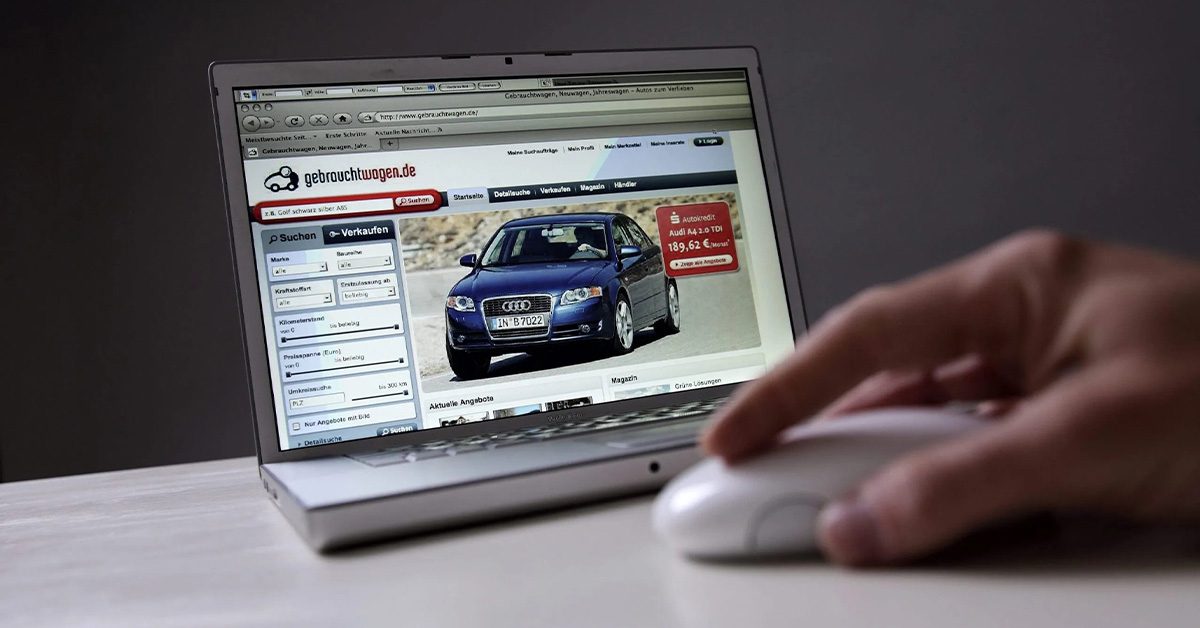WHAT YOUR VEHICLE’S HISTORY IS TELLING YOU (& WHAT IT ISN’T)
WHAT YOUR VEHICLE’S HISTORY IS TELLING YOU (& WHAT IT ISN’T)
The VIN is like a fingerprint of the car, van, truck, or motorcycle, made up of letters and numbers. Depending on the manufacturer, the VIN may be on the driver’s side dash, door edge, or frame B post.
So if you’re buying a used car, a history report or VIN lookup will help you check its vehicular history and verify if it has been stolen, written off, or has outstanding finances.
In addition, knowing more about your prospective vehicle’s history will make the car buying process smoother and give you peace of mind.
Via MotorBiscuit
WHAT INFORMATION IS INCLUDED IN A TYPICAL VEHICLE HISTORY REPORT?
Before buying a used vehicle, it is essential to check its history. A detailed vehicle history report will help you better understand the used car you’re interested in buying. In addition, it will give details into significant events that potential owners should consider, such as:
Major accidents: In a major accident, the damage caused to the car is extensive
Mileage rollback: This means resetting the odometer to edit the car’s mileage
Multiple owners: There’s no definitive answer as to how many owners are considered “multiple,” but cars with fewer owners are likely to be better maintained and preserved.
Structural damage: A history report can shed light if a pre-owned vehicle has been in a wreck and whether any structural damage was reported
Vehicle service history: history reports will often show when and where major periodic maintenance and other repairs were performed.
Previous use of the car: Rental Lease, Personal, Taxi, or Police
Total Loss: If the vehicle suffered damage to be declared “total loss” by the insurance company
Rebuilt: A vehicle can receive a rebuilt title if it’s been declared a total loss by an insurance company

